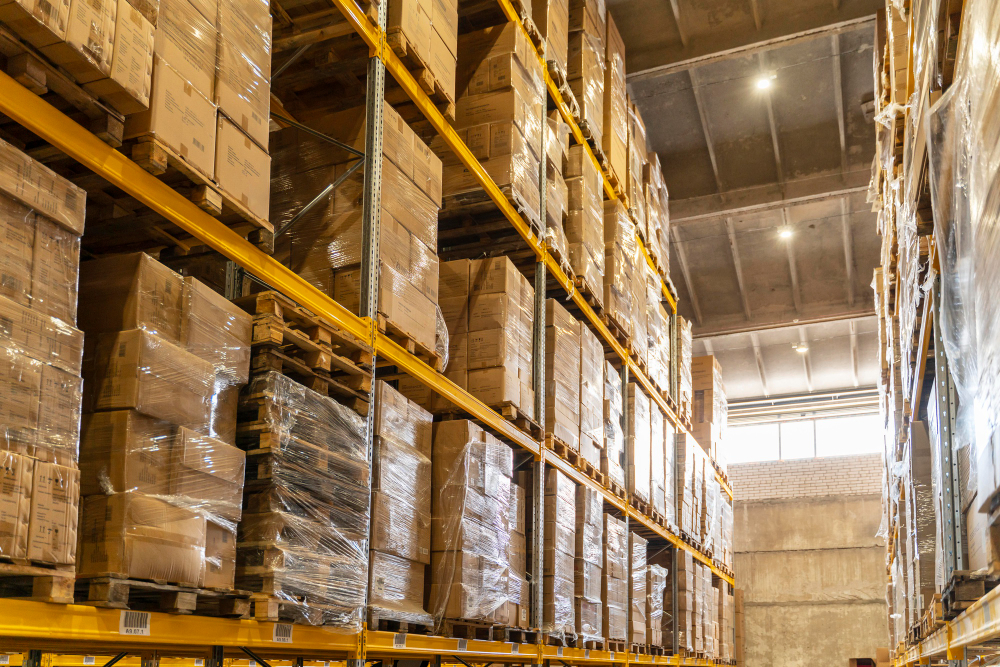A warehouse management system (WMS) is a software solution that helps businesses manage their warehouse operations and supply chain processes. This type of system can save companies money in a number of ways, including:
1. Improved inventory accuracy
With a WMS, businesses can accurately track their inventory levels in real-time, which can help prevent overstocking and reduce the risk of stock-outs. This can save money by reducing the need for safety stock and ensuring that the right products are available to meet customer demand.
2. Increased efficiency
A WMS can help streamline warehouse operations and improve process efficiency, which can save time and reduce labor costs. For example, a WMS can automate tasks such as picking and packing, and provide real-time visibility into the status of orders and shipments.
3. Enhanced customer satisfaction
Your businesses will improve the accuracy and speed of order fulfillment, which can lead to higher levels of customer satisfaction. This can save money by reducing the need for costly returns and refunds, and by increasing customer loyalty and repeat business.
4. Improved supply chain visibility
A WMS can provide real-time visibility into the status of orders and shipments, which can help businesses identify potential bottlenecks and delays in the supply chain. This can save money by enabling businesses to proactively address any issues and prevent costly disruptions.
In addition to the ways mentioned in the previous answer, a warehouse management system (WMS) can save businesses money in the following ways:
5. Reduced shrinkage
A WMS can help businesses prevent losses due to shrinkages, such as theft, damage, or incorrect inventory counts. By providing accurate tracking and visibility into warehouse operations, a WMS can help businesses identify and address potential shrinkage issues, which can save money by reducing losses.
6. Improved space utilization
You will get detailed insights into the layout and usage of a warehouse, which can help you optimize the use of your available space. This can save money by reducing the need for additional storage space, and by enabling you to more efficiently store and retrieve inventory.
7. Enhanced compliance
A WMS can help businesses comply with various regulations and standards, such as those related to safety, security, and environmental sustainability. This can save money by reducing the risk of fines and penalties, and by enabling businesses to take advantage of any incentives or benefits that may be available for compliant operations.
8. Better decision-making
A WMS can provide real-time data and insights that can help businesses make more informed decisions about their warehouse operations. This can save money by enabling businesses to identify and address potential issues before they become costly problems, and by enabling businesses to make more efficient and effective use of their resources.






